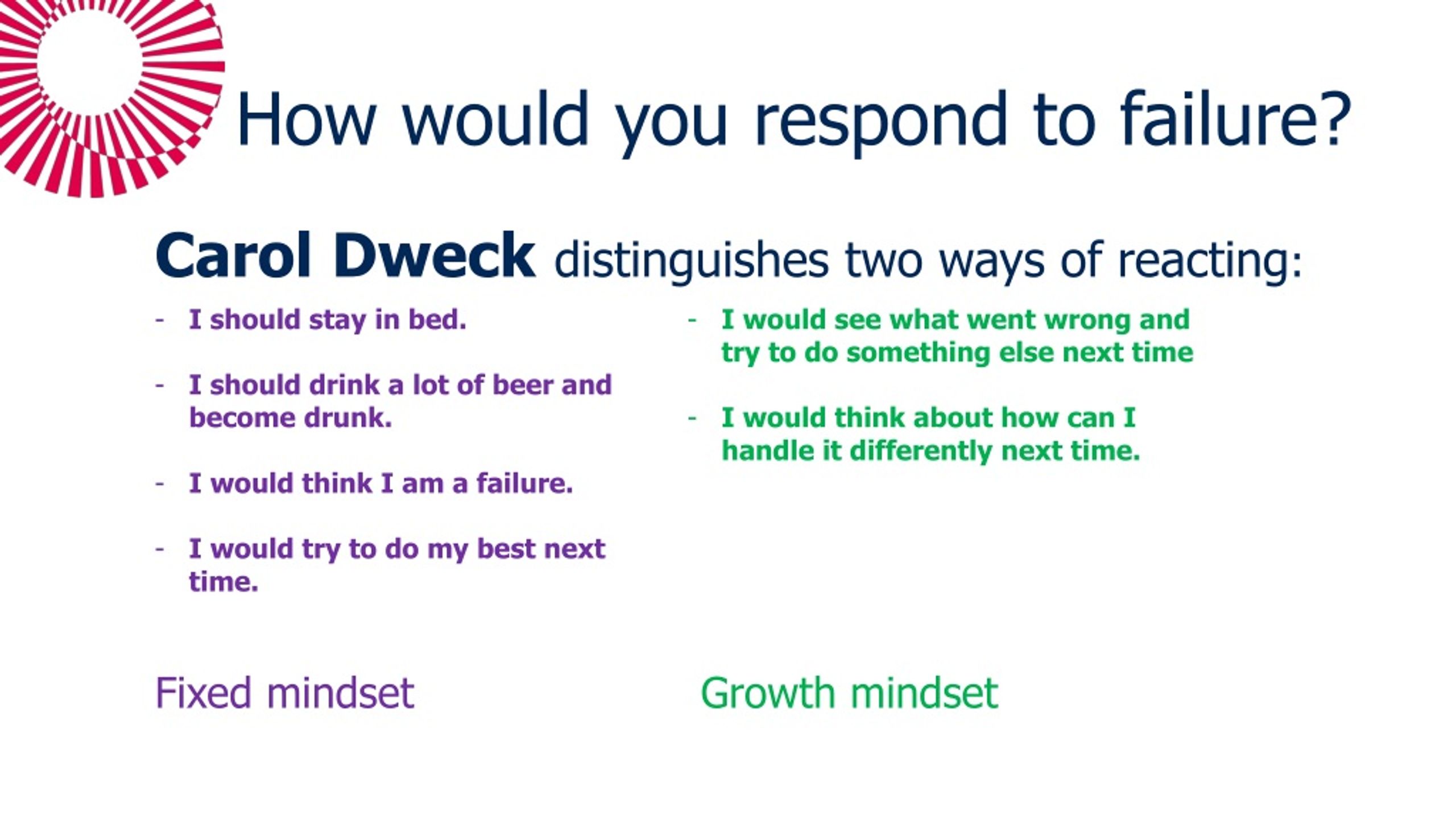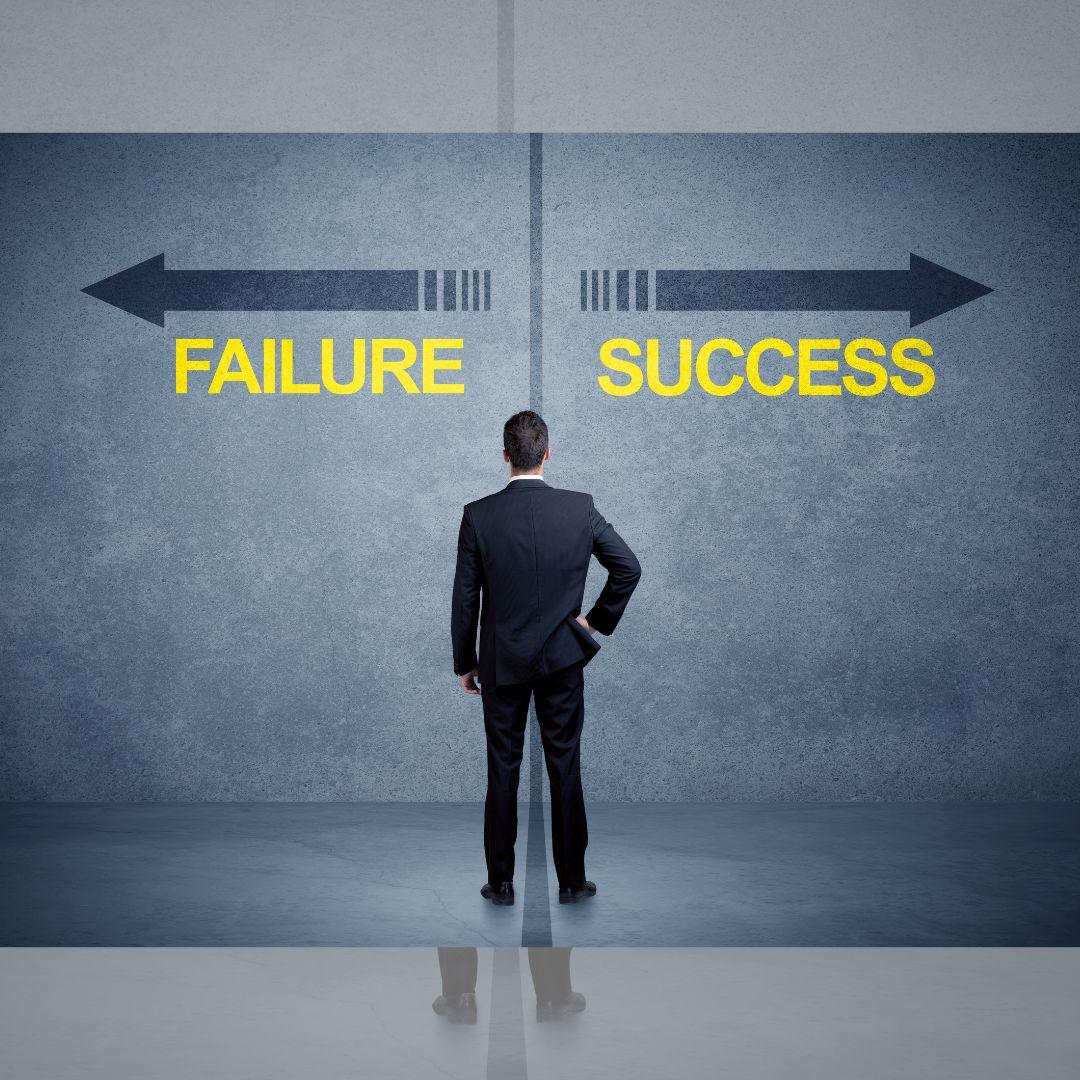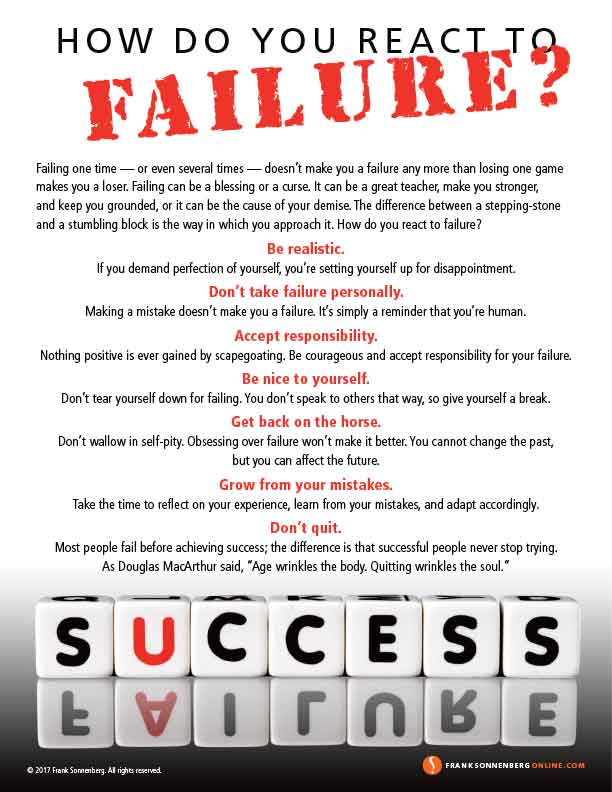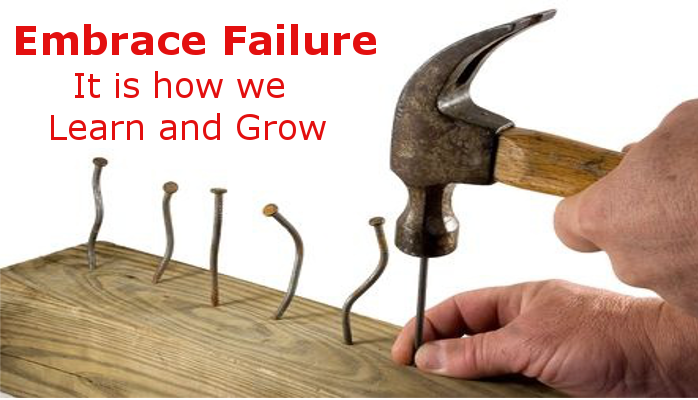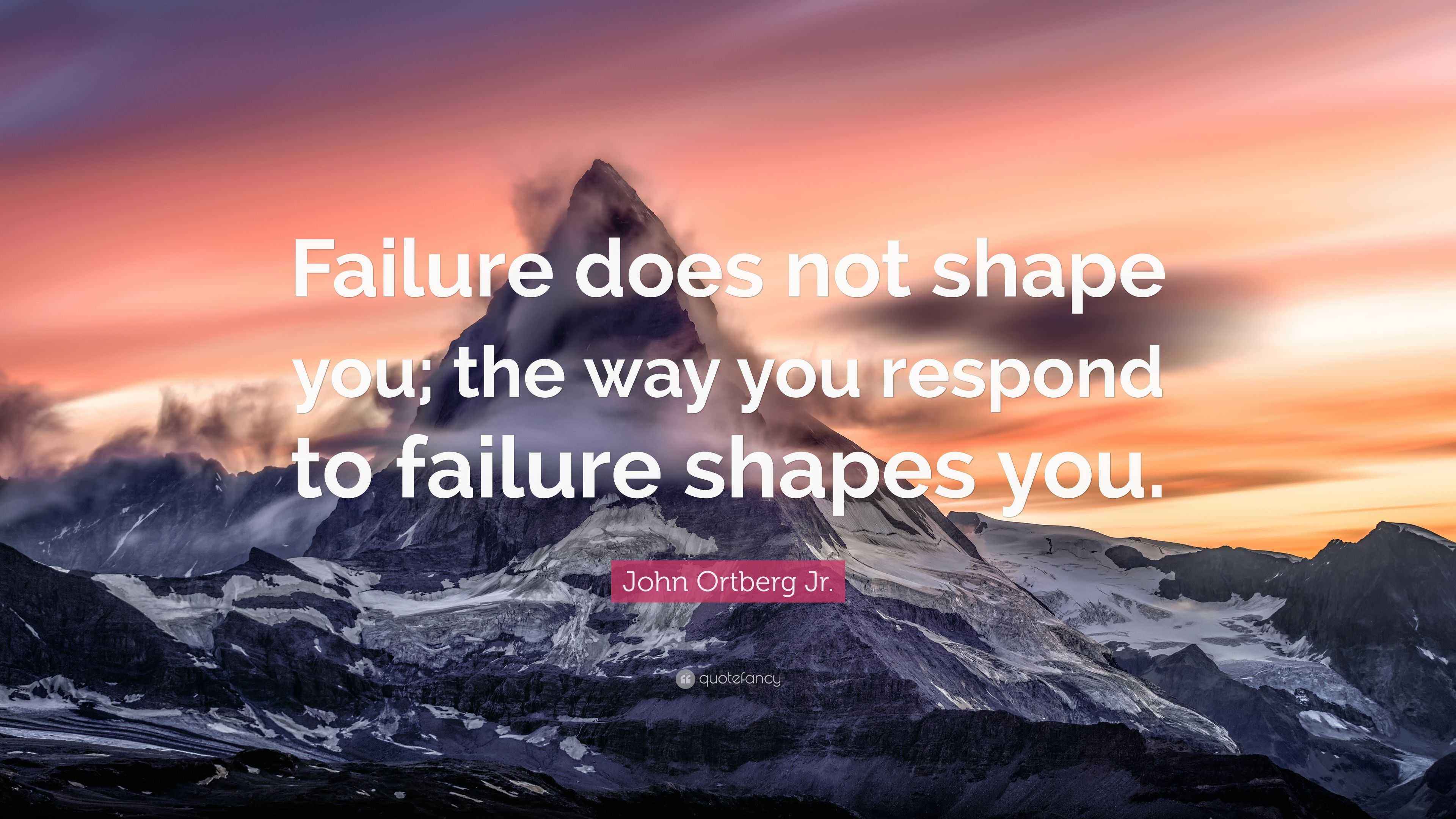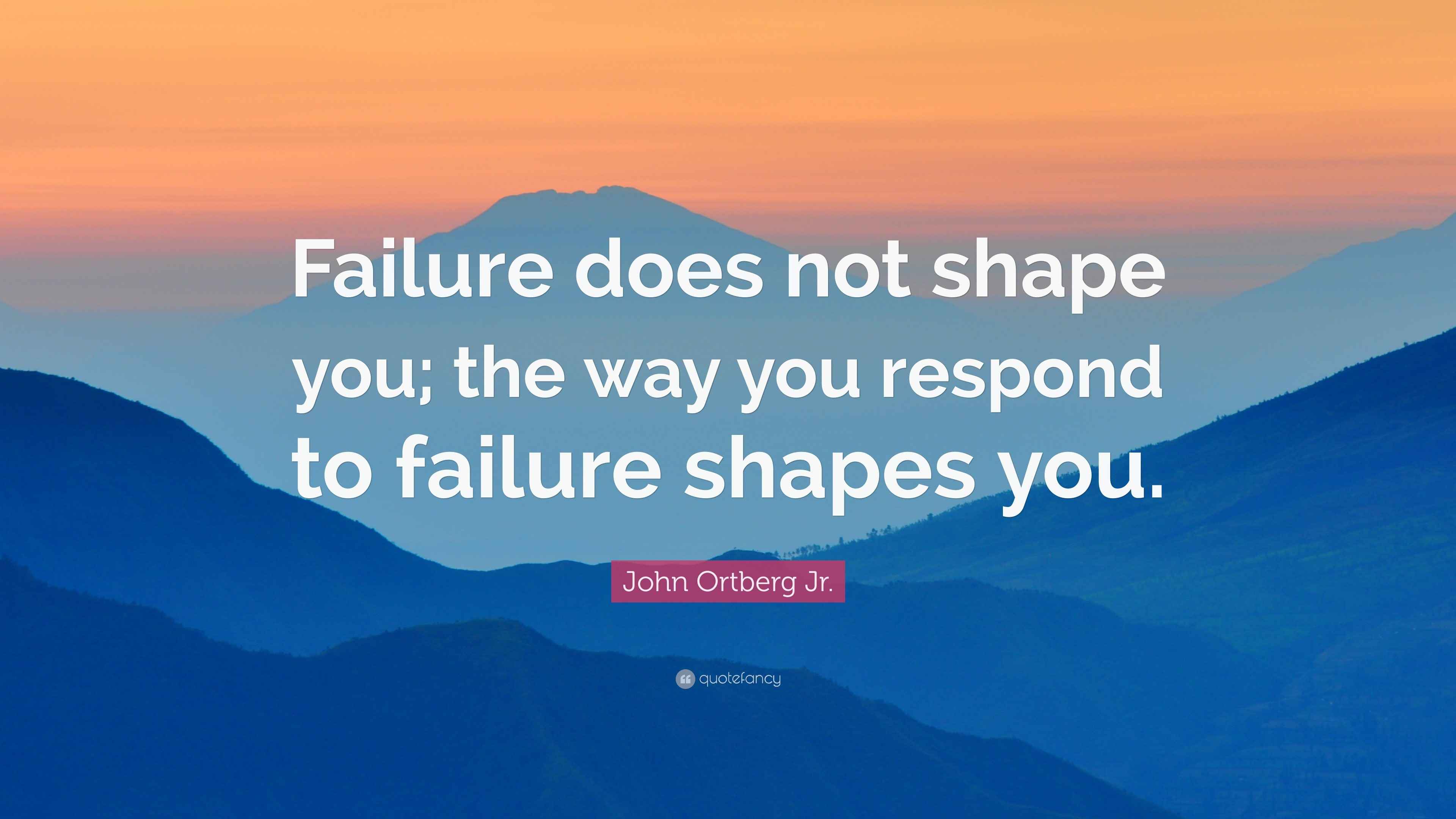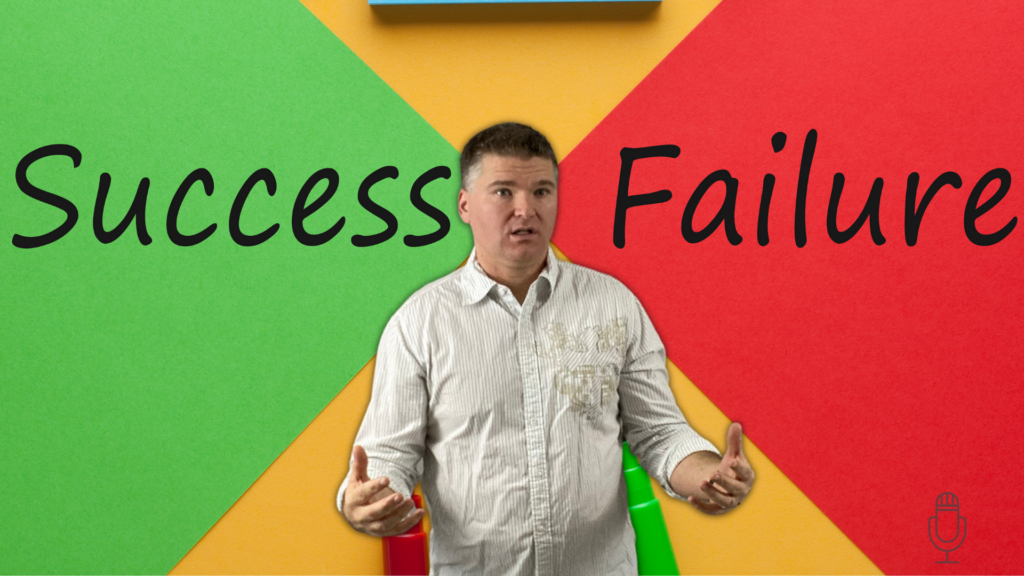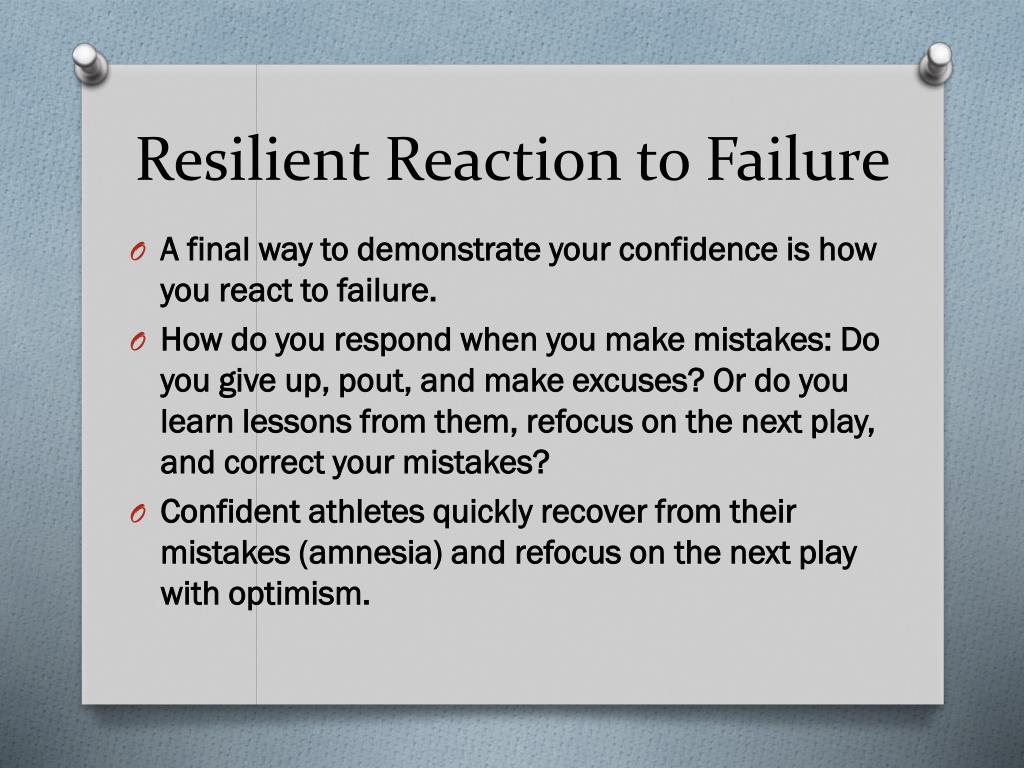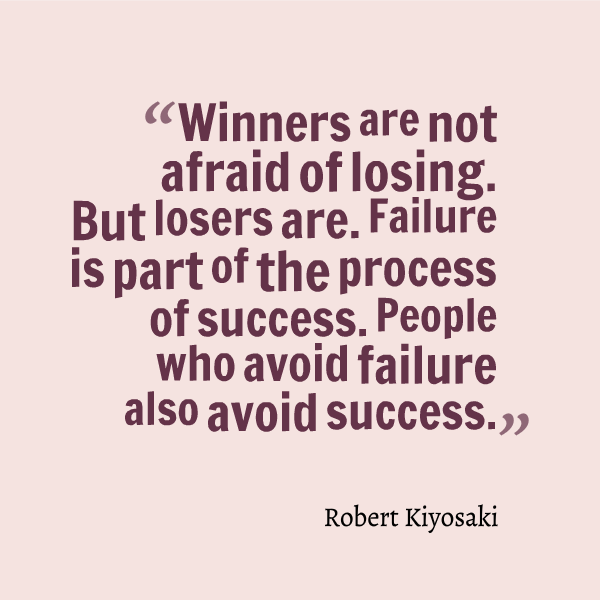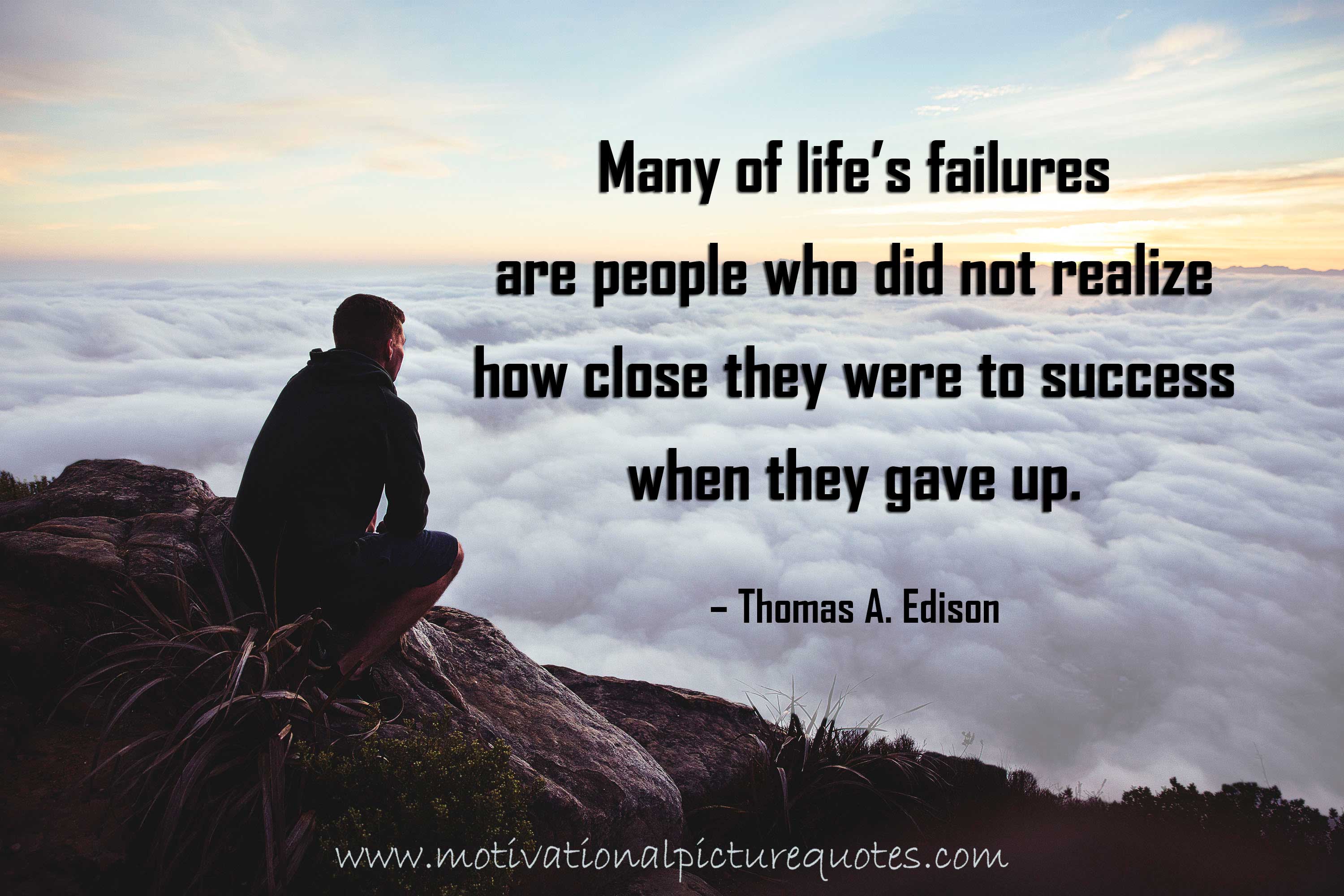How Do You React To Failure Or Defeat

The sting of defeat, the ache of failure – these are universal human experiences. Yet, the way individuals and even entire societies react to setbacks profoundly shapes their future trajectory, determining whether they stagnate in disappointment or emerge stronger and more resilient.
This article delves into the multifaceted reactions to failure and defeat, exploring the psychological underpinnings, societal influences, and potential pathways towards constructive responses. It examines how perspective, support systems, and a growth-oriented mindset can transform failures from crushing blows into valuable learning opportunities. We'll explore data and research that reveals how different approaches to dealing with adversity impact personal and professional outcomes.
The Psychology of Setbacks
Failure triggers a cascade of emotional responses, often starting with feelings of disappointment, anger, or even shame. Research in cognitive psychology suggests that our initial reaction is influenced by our attribution style: how we explain the cause of the failure.
If we attribute it to internal and stable factors (e.g., "I'm just not smart enough"), we're more likely to experience negative emotions and reduced motivation. Conversely, attributing it to external or unstable factors (e.g., "The market conditions were unfavorable") can lessen the emotional blow and preserve motivation.
Carol Dweck's work on mindset highlights the crucial role of beliefs about intelligence and abilities. Individuals with a growth mindset, who believe that abilities can be developed through effort and learning, tend to view failures as opportunities for growth. This contrasts with a fixed mindset, where individuals believe abilities are innate and unchangeable, leading them to perceive failure as a reflection of their inherent limitations.
Societal and Cultural Influences
Cultural norms significantly shape how failure is perceived and handled. Some cultures, particularly in the West, often emphasize individual achievement and success, potentially intensifying the pressure to avoid failure. In these contexts, failure can be stigmatized, leading to feelings of shame and a reluctance to admit mistakes.
Conversely, other cultures may view failure as a more natural and even necessary part of the learning process. In some Asian cultures, for instance, resilience and perseverance in the face of adversity are highly valued traits. This difference in cultural perception can have a significant impact on individuals' willingness to take risks and learn from their mistakes.
Furthermore, the prevalence of a 'blame culture' within organizations and societies can stifle innovation and discourage risk-taking. When mistakes are met with punishment rather than constructive feedback, individuals are less likely to admit errors and learn from them.
Constructive Responses to Failure
Fortunately, there are proactive strategies for navigating failure and transforming it into a catalyst for growth. One key approach is to reframe failure as a learning opportunity. Instead of dwelling on the negative emotions, focus on identifying the specific lessons learned from the experience.
Analyzing the situation objectively, identifying the factors that contributed to the failure, and developing strategies to avoid similar mistakes in the future are crucial steps. Seeking feedback from trusted mentors, colleagues, or friends can provide valuable insights and perspectives.
Developing resilience, the ability to bounce back from adversity, is essential. Resilience is not an innate trait but rather a skill that can be cultivated through various practices, such as maintaining a positive attitude, building strong support networks, and engaging in self-care activities.
"Success is not final, failure is not fatal: It is the courage to continue that counts." - Winston Churchill
The Role of Support Systems
Having a strong support system of family, friends, or mentors can make a significant difference in how individuals cope with failure. These individuals can provide emotional support, offer constructive feedback, and help maintain a sense of perspective.
Research has shown that social support is a crucial buffer against stress and promotes psychological well-being. Sharing experiences and vulnerabilities with others can reduce feelings of isolation and shame, fostering a sense of connection and belonging.
Organizations can also play a vital role by creating a supportive environment where employees feel safe to take risks, admit mistakes, and learn from failures. This requires fostering a culture of open communication, providing opportunities for training and development, and rewarding learning and innovation.
Moving Forward: Embracing a Growth Mindset
Ultimately, cultivating a growth mindset is paramount for navigating the inevitable setbacks in life. Embracing the belief that abilities can be developed through effort and learning allows individuals to approach challenges with curiosity and a willingness to experiment.
This mindset shifts the focus from seeking validation and avoiding failure to embracing the learning process and viewing mistakes as opportunities for growth. It fosters resilience, promotes creativity, and empowers individuals to persevere in the face of adversity.
By understanding the psychology of failure, recognizing societal influences, and adopting constructive responses, individuals and organizations can transform setbacks into valuable learning experiences, paving the way for future success and innovation. The key lies not in avoiding failure, but in how we choose to react to it.
